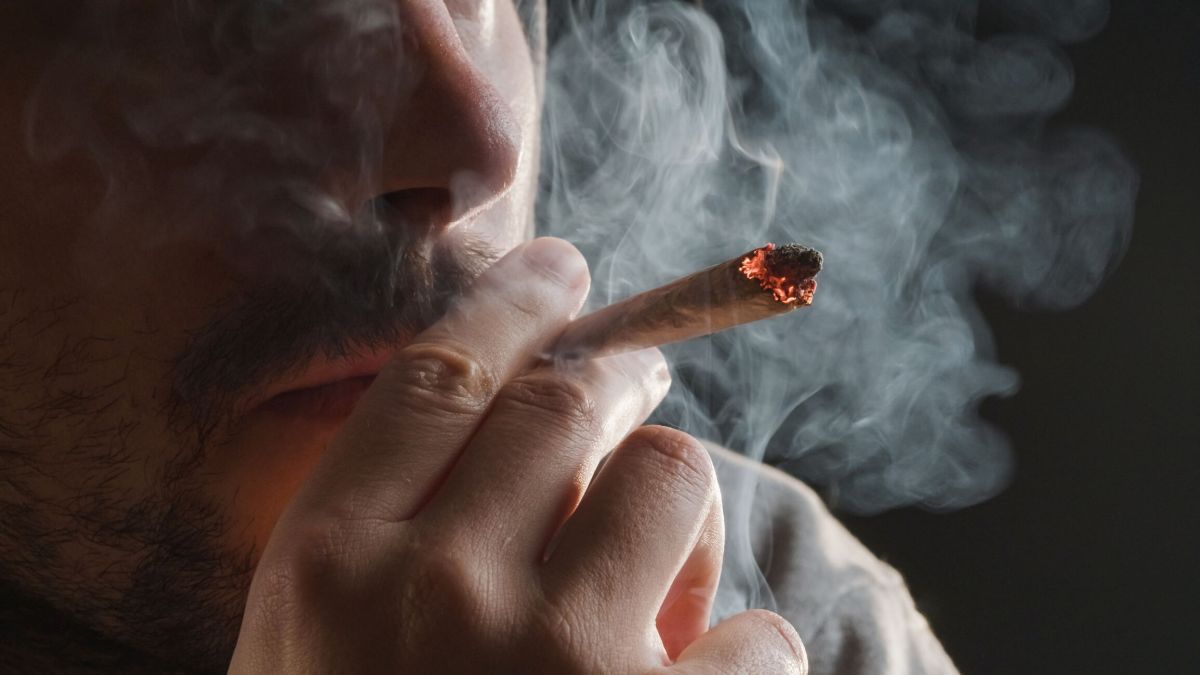Since New York State legalized marijuana for recreational use in 2021, New Yorkers can use weed without legal consequences. But that doesn’t necessarily put them in the clear when it comes to health consequences.
More than two years after legalization, mixed messages abound regarding how and to what extent regular marijuana use impacts health.
“People who don’t use marijuana tend to overhype how terrible it is, and people who do use it tend to underestimate its detriments,” says Eugene Vortsman, D.O., F.A.C.E.P., clinical director of addiction medicine and disease management at Long Island Jewish Medical Center in New Hyde Park. “I say to my patients that there is nothing free in this world, and cannabis is no exception.”
How Marijuana Is Used
Marijuana, or cannabis, includes the dried flowers, leaves, stems and seeds of the cannabis plant, which contains more than 100 compounds. These include tetrahydrocannabinol (THC), which is the part that causes a high, and cannabidiol (CBD), which is not psychoactive. While some people use cannabis for the high, others use it to treat symptoms of a health condition. In 2016, New York State launched a legal medical cannabis program allowing healthcare providers to prescribe cannabis for treatment of debilitating or life-threatening medical conditions. For instance, marijuana has been shown to ease nausea and appetite suppression in chemotherapy patients and to help opiate users decrease the amount of opiates they use, Dr. Vortsman says.
In a 2020 study by the New York State Department of Health, 1.6 million New York State adults aged 18 and older – 12.8% of the population – reported using cannabis in the last 30 days. Among users, smoking (73.8%) was the most common mode, followed by eating (12.1%) and vaporizing (9.3%).
Health Concerns With Regular Recreational Marijuana Use
Marijuana can have permanent detrimental impacts on a developing brain. A large study published in the Proceedings of the National Academy of Sciences (PNAS) medical journal found in 2012 that persistent marijuana use beginning in adolescence was associated with a loss of as many as 8 IQ points.
Since the front part of the brain is still developing until about age 25, “Young people who regularly use marijuana have an increased risk of a lowered lifetime IQ and impaired development of executive function and motivation,” Dr. Vortsman says. He adds that frequent use can also serve as a catalyst for the development of psychotic disorders among young people with a family history of psychosis, or it can exacerbate symptoms for those with a personal history of psychiatric disorders.
On the opposite end of the age spectrum, regular marijuana use may cause a host of issues in seniors, from poor interactions with other medications to increased risk of falls and injuries to heart palpitations and anxiety.
“There has been an increase in ER visits among people ages 65 and older with anxiety and panic attacks due to marijuana use,” says Jared Pachter, D.O., who specializes in family medicine and addiction medicine for Stony Brook Medicine. “People who haven’t used pot in 20 or 30 years may be trying it again since it’s been legalized, and it’s a much more potent drug today than in their youth.”
Marijuana has been associated with increased anxiety among individuals in all age groups. Short-term effects of the drug include cognitive impairment, which impacts driving and other motor skills.
There’s also the potential for addiction. According to the U.S. Substance Abuse and Mental Health Services Administration (SAMHSA), about 1 in 10 people who use marijuana will become addicted to it. Among people who start before age 18, the addiction rate increases to 1 in 6.
“If you are using marijuana every day, you have to ask yourself if you are self-medicating for some reason that you should see your doctor for,” Dr. Pachter says. “For instance, are you self-medicating because you’re depressed, you can’t fall asleep, you don’t have an appetite, or it’s the only way you can enjoy yourself?”
Dr. Vortsman adds that people should consider how much their marijuana use affects their lives.
“Do you feel you need more to get the same effect?” he says. “Do you feel you have an inability to cut back? Similar to alcohol, you must think about how your usage of the drug impacts your daily life. If you’re using marijuana and then getting behind the wheel, or if you’re not paying attention to your family, it’s important to reach out to the many resources available to help you and to reengage with the people who care about you and can help you.”


































